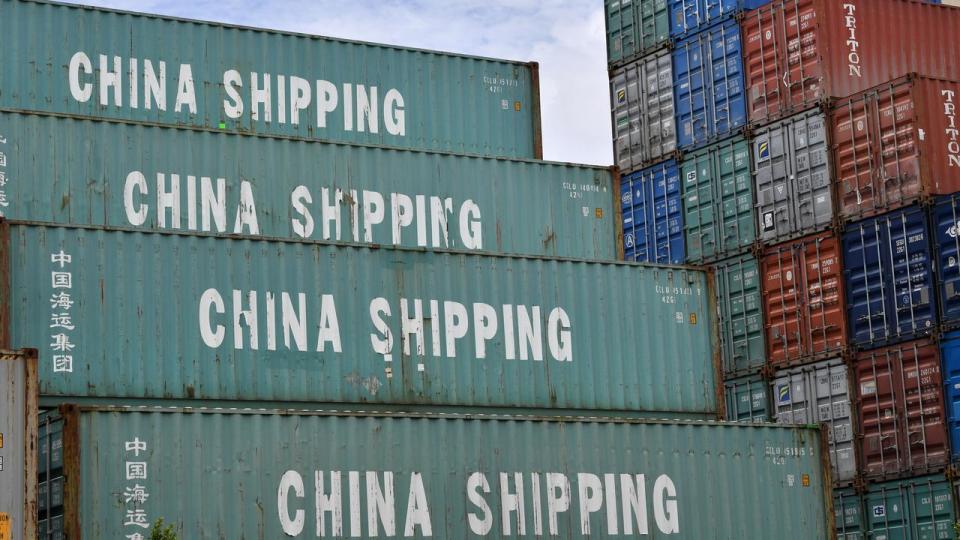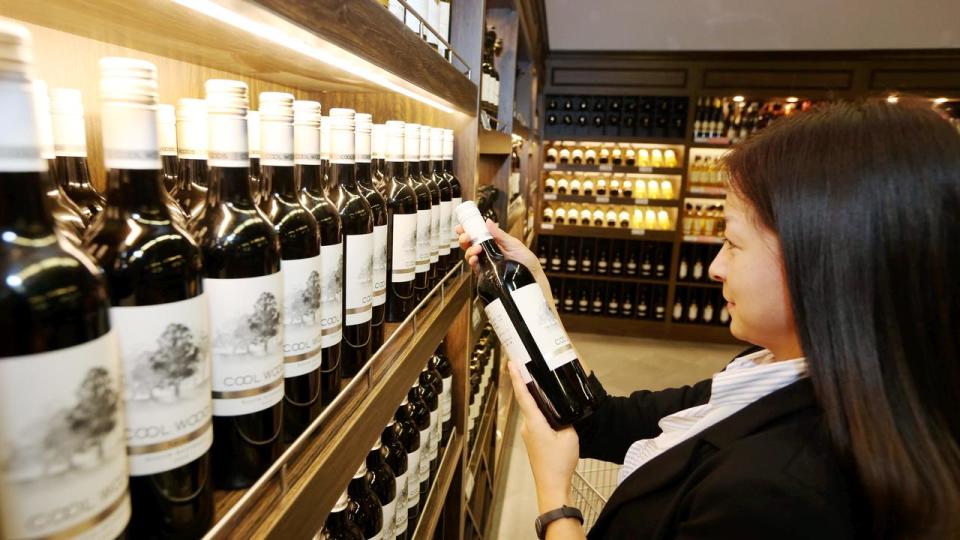China visit could sway Australian voters at election
Australians could use the Chinese premier's visit as a yardstick ahead of the federal election, with one in three expected to consider the nation's China policy when they go to the polls.
China's second-highest official, Li Qiang, will arrive in Australia on Saturday for a four-day trip in what will be the first visit by a Chinese premier in seven years.
With a federal election due in 2025, all eyes will be on Li's interactions with Prime Minister Anthony Albanese as he seeks to juggle improving trade ties to the world's second-largest economy with pushing back on China's projection of military power into the Pacific.

A poll by the Australia-China Relations Institute and the Centre for Business Intelligence and Data Analytics at the University of Technology Sydney revealed 35 per cent of Australians would factor Australia's China policy into their vote.
In 2023 just under half of Australians believed Labor was best placed to handle Australia's China policy, but a year later this figure has dropped to 40 per cent.
Meanwhile, the proportion of Australians who preferred the coalition in this area grew from 29 per cent in 2023 to 35 per cent in 2024, according to the survey of 2015 people.
About four in 10 Australians expressed satisfaction with the Albanese government's management of China relations, a slight uptick from their opinion on the Morrison government's efforts which left 34 per cent satisfied in 2022.
Some 70 per cent of Australians expressed mistrust of the Chinese government, with 71 per cent believing China to be a security threat to Australia and about half believing there is a possibility of military conflict with China within three years.
The future does not appear any brighter for the nations' relationship, with only a third of respondents believing relations will improve in the next three years, after a rocky patch that saw China place restrictions on imports from Australia.
Report authors Professor Paul Burke and Elena Collinson say the results are unsurprising.
"Recent experience with China's economic coercion and wolf-warrior diplomacy can hardly be forgotten," they wrote in the report.
"The public may well be registering that when it comes to the Albanese government's formula for the relationship - 'co-operate where we can, disagree where we must' - it is hearing much more the former than the latter from its political leaders."
The prime minister emphasised the importance of Mr Li's trip, noting China was Australia's biggest trading partner by far.
Ahead of the visit, China lifted trade sanctions imposed on Australian beef producers in 2020 when diplomatic relations were at a low ebb.

Similar sanctions were earlier eased on Australian coal, wine and barley, though barriers remain on Australian lobsters.
"We continue to pursue a stable and direct relationship with China," Mr Albanese told ABC radio on Wednesday.
"One where we are able to talk about the differences that we have ... but also one in which we co-operate wherever we can and where we have that engagement - which is in both countries' interests."
Speaking from a Liberal candidate launch event ahead of the federal election, Opposition Leader Peter Dutton welcomed the Chinese premier's visit.
"We want to build the relationship, and we want to make sure that we have a stronger trading relationship with China," he said.
"That's a very important part of the manifesto that we'll take to the next election."
He is set to attend a lunch with Mr Li during his trip.
Mr Albanese and Mr Li are expected to attend a community event during the visit, which could help address the perception of about half of Australians that tensions in the nations' relationship are negatively impacting the Australian-Chinese community.
The prime minister also revealed on Tuesday that he would advocate for detained Australian writer Yang Hengjun, who has been given a suspended death sentence in China.


